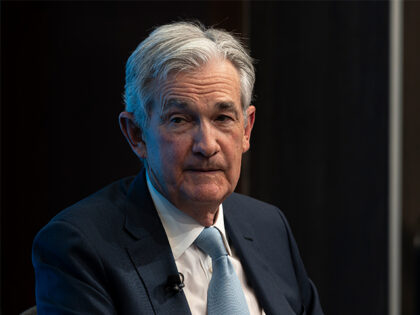Breitbart Business Digest: Why Immigration Will Not Bring Down Inflation
Trying to bring down inflation by opening the U.S. to more immigrants is a bit like trying to bail out a boat with a sieve.

Trying to bring down inflation by opening the U.S. to more immigrants is a bit like trying to bail out a boat with a sieve.

The economic data this week — including the acceleration of consumer prices — all scream “no landing. But, as we have been warning, no recession now or in the near future likely means more persistent inflation and a worse recession later.

President Biden is planning to tap Federal Reserve Vice Chair Lael Brainard to serve as director of the National Economic Council, according to a Wall Street Journal report.
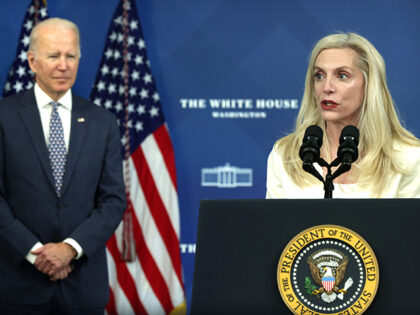
It’s likely that retail sales grew by more than expected as the year kicked-off.

The strength of the labor market is giving rise to the idea that instead of a “soft landing” or a “hard landing,” the economy may be on track for “no landing” at all. In other words, the long-awaited recession may not be looming in our near future—but that also means inflation will not be coming down either.

The drive toward lower inflation likely hit a speed bump in January.
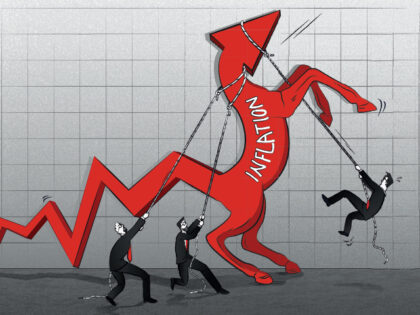
One of the most bizarre moments of last night’s State of the Union address was President Joe Biden chastising oil and gas companies for returning capital to shareholders rather than investing in new production.
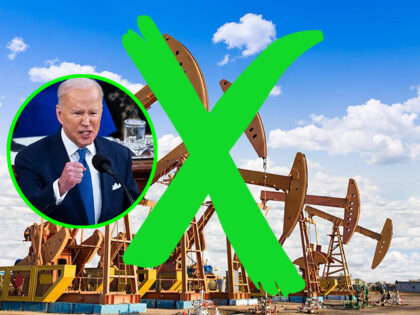
President Joe Biden plans to call for quadrupling of the one percent surcharge on stock buybacks during his State of the Union address on Tuesday night.
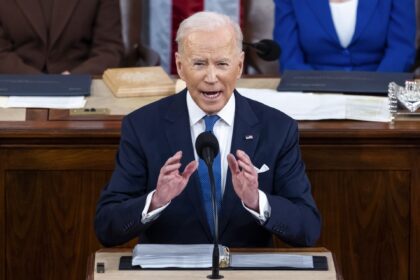
This might be one of the most hated stock market rallies in history. The American public’s bearishness on stocks is accompanied by a dour view of our economic prospects over the next six months.
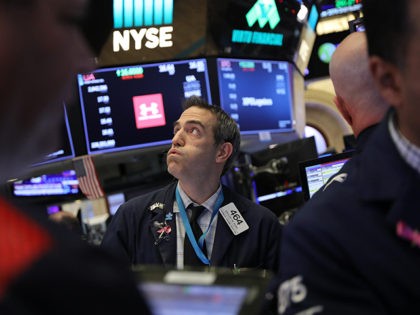
What if They Held a Recession and No One Showed Up (Because They Had Work That Day)? The incredibly strong January jobs figures all but rule out a recession in the first half of this year. They even may be strong enough
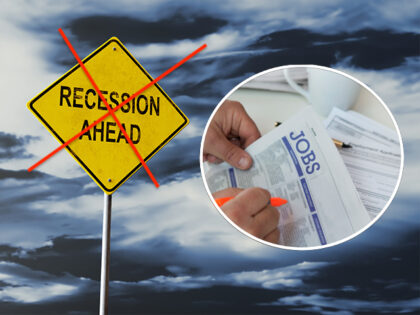
The arrival of soft wage data and stronger than expected productivity data this week has reignited hopes that the U.S. economy could achieve a “soft landing” in which inflation comes down steadily without a serious slump in the economy.
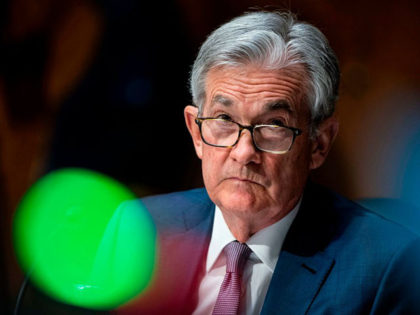
Jerome Powell fumbled his first press conference of the year.
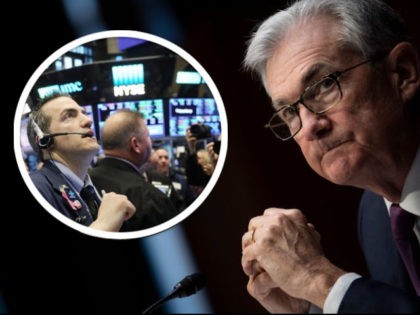
Softer labor costs and a better-than-expected outlook from General Motors appear to have convinced markets that the crash test dummies of the U.S. economy might emerge relatively unscathed from what until recently looked to be a pretty serious collision with monetary policy.

The layoffs in tech announced over the past month or so have many asking if this is a bellwether for the broader labor market.

The latest economic data continues to point in the direction of recession.

If the housing market is in a recession, why are homebuilders still employing so many construction workers?

The housing market has been weird for almost a year and now it appears to be on the verge of flipping that weirdness upside down.

This morning’s jobless claims were the latest piece of evidence that the labor market remains extremely hot even as other economic data appears to be foreshadowing a plunge in economic activity.
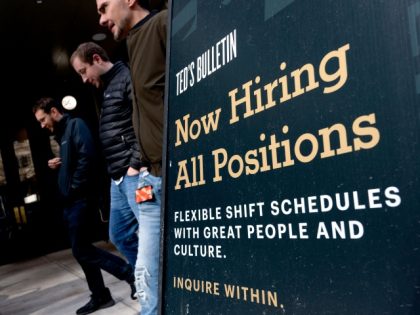
What looked like hopeful economic data a week ago now looks like an augury of a faster-than-expected economic collapse.
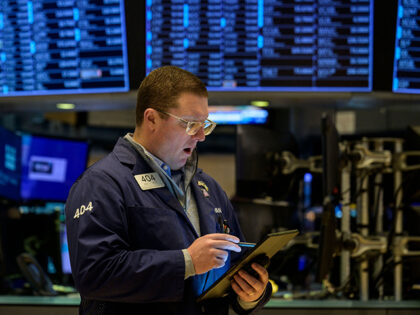
In 2022, Americans starting pushing back against the toxic combination of finance and left-wing politics known as ESG, but the struggle is far from over.

The extremely benign economic data of the past two weeks appears to have made investors more confident that they will win the fight with the Fed.

Inflation moderated in December, but there are some worrisome signals buried in the most recent consumer price index.

“We are not, and will not be, a ‘climate policymaker,'” Federal Reserve Chair Jerome Powell said during a panel discussion Tuesday hosted by Sweden’s central bank.
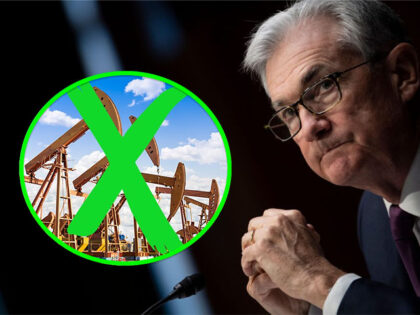
Federal Reserve officials have been attempting to convince markets of their commitment to fighting inflation by explicitly talking about the unwelcome costs they are willing to bear and inflict to succeed.
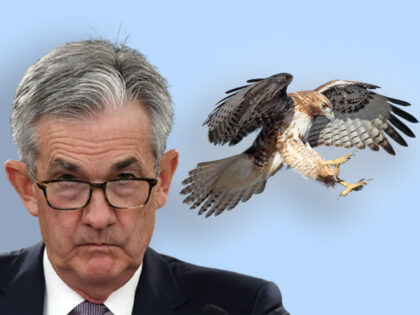
You might want to prepare yourself for yet another inflation victory jig from President Joe Biden.
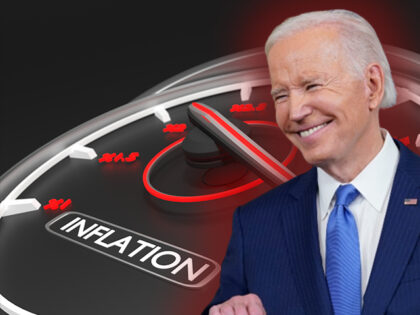
The labor market remains seriously out of balance, and the Federal Reserve is not likely to relent so long as this remains true.
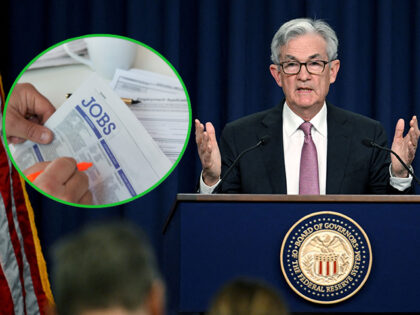
The data this week has made it clear that the Federal Reserve has a lot more work to do to cool down the labor market.
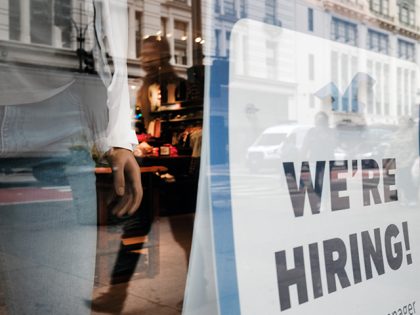
What a difference a dozen years makes. When Republicans took control over the House of Representatives during a Democratic presidency 12 years ago, they were riding the Tea Party wave of populist anger over bailouts. Yet despite a crowd of
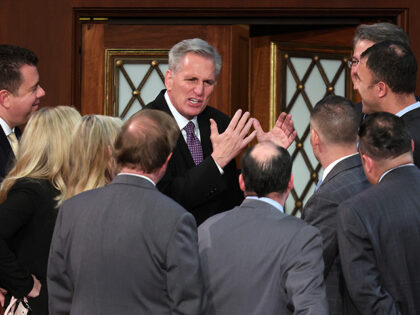
We begin the new year with widespread expectations of a recession. Last year began with a consensus that was wrong in every important aspect. Is this year’s consensus any better?

The Federal Reserve plotted a course for next year that includes sluggish growth, declining yet persistently high inflation, and at least a few more interest rate hikes. It’s a good idea to study this Fed map closely, while remembering the map is not the territory.

With retail sales coming in below expectations, why aren’t more workers being laid off?

Fed chair says he is going to stand his ground on the inflation target.
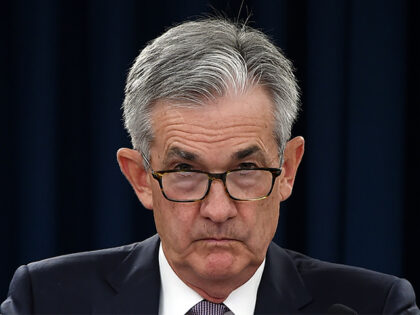
The arrest of Sam Bankman-Fried in the Bahamas preempted what was scheduled to be his testimony before the House financial services committee.

Federal Reserve Chair Jerome Powell may lean hawkish in his press conference this week in order to correct the market’s dovish interpretation of his comments last week at the Brookings Institution.

The latest data shows inflation becoming entrenched at a high level rather than continuing to decline under pressure from the Fed’s interest rate hikes and the easing of supply chain problems.
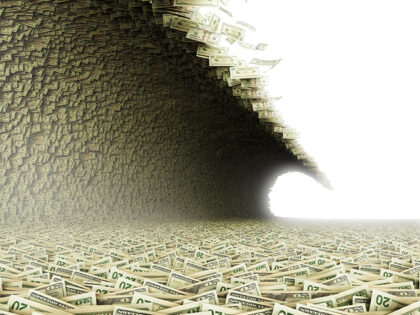
The inversion of the yield curve took another unusual step on Wednesday. It moved into double inversion.
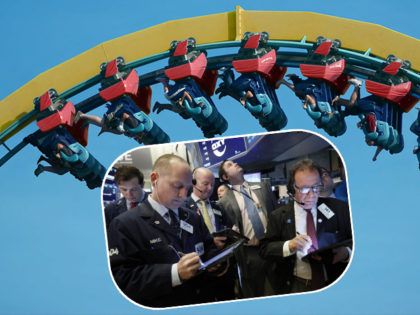
Everyone agrees that we’re headed into an economic recession next year, but recent data indicates the consensus could be wrong about the timing.

What Jerome Powell giveth, the labor market taketh away.
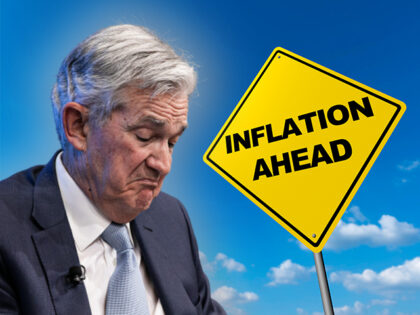
At first glance, the Commerce Department’s report on personal income and spending in October looks like what some people have referred to as Goldilocks data.
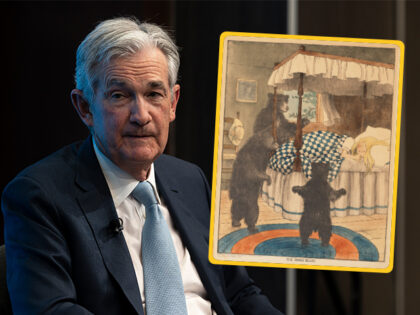
Chairman Jerome Powell on Wednesday ruled out the idea that the Fed might raise its benchmark interest rate by 75 basis points.
